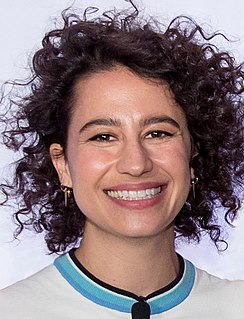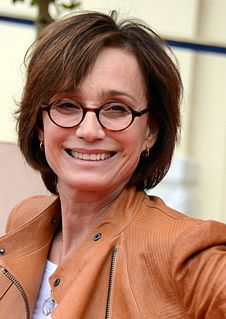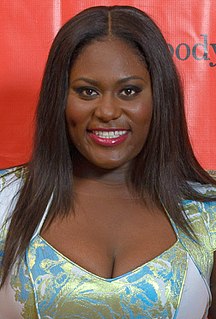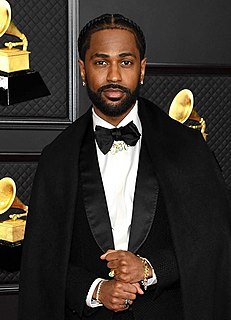A Quote by Barack Obama
It is my view that if society was doing the right thing with respect to you, [and there were] programs targeted at helping people rise into the middle class and have a good income and be able to save and send their kids to school, and you've got a vigorous enforcement of anti-discrimination laws, then I have confidence in the black community's capabilities to then move forward.
Quote Topics
Able
Anti
Black
Black Community
Capabilities
Class
Community
Confidence
Discrimination
Doing
Doing The Right Thing
Enforcement
Forward
Good
Got
Have Confidence
Helping
Helping People
Income
Kids
Laws
Middle
Middle Class
Move
Move Forward
People
Programs
Respect
Right
Right Thing
Rise
Save
School
Send
Society
Targeted
The Right Thing
Then
Thing
View
Vigorous
Were
Related Quotes
If you're going to compare a middle-income black kid with a middle- income white kid, and, say, you control for family background, family education, and family income, and if this middle-income black kid doesn't score as well as the white kid on the test, then I say, look, you haven't taken into consideration the cumulative effect of living in a segregated neighborhood and going to a de facto segregated school. You're denying a position at Harvard or some other place to a kid that really could make it. That's why I support affirmative action that's based on both class and race.
The economy has definitely been improving, and things like the stock market are doing better, but the economy has to be good for working-class and middle-class families who work every day, send their kids to a school like is in front of my house, and they have to be able to enjoy their lives. That's why you don't pass a trade agreement that ships even more jobs overseas.
Actually we've had a black bourgeoisie or the makings of a black bourgeoisie for many more decades.In a sense the quest for the emancipation of black people in the US has always been a quest for economic liberation which means to a certain extent that the rise of black middle class would be inevitable. What I think is different today is the lack of political connection between the black middle class and the increasing numbers of black people who are more impoverished than ever before.
Where America has got to move is not growth for the sake of growth, but it`s got to move to a society that provides a high quality of life for all of our people. In other words, if people have health care as a right, as do the people of every other major country, then there's less worry about growth. If people have educational opportunity and their kids can go to college and they have child care, then there's less worry about growth for the sake of growth.
I went to a public high school and most of the comedy was coming from the black kids and the Asian kids and the Hispanic kids. And, the coolest kids to me where always the black kids. They were always fashion forward and they always dressed the coolest. They were always the best dancers, and just the coolest people.
There has been a vigorous acceleration of health, resource and education programs designed to advance the role of the American Indian in our society. Last Fall, for example, 91 percent of the Indian children between the ages of 6 and 18 on reservations were enrolled in school. This is a rise of 12 percent since 1953.
The historical basis for the gap between the black middle class and underclass shows that ending discrimination, by itself, would not eradicate black poverty and dysfunction. We also need intervention to promulgate a middle-class ethic of success among the poor, while expanding opportunities for economic betterment.
We were postwar middle-class white kids living in the slipstream of the greatest per-capita rise in income in the history of Western civilization; we were 'teen-agers' - a term, coined in 1941, that was in common usage a decade later - a new, recognizable franchise. We had money, mobility, and problems all our own.
The other thing that I got back then - the Parker novels have never had much of anything to do with race. There have been a few black characters here and there, but the first batch of books back then, I got a lot of letters from urban black guys in their 20s, 30s, 40s. What were they seeing that they were reacting to? And I think I finally figured it out - at that time, they were guys who felt very excluded from society, that they had been rejected by the greater American world.
There are many cases in which gifted children have done great things without special school programs. There are also gifted kids who have been to special schools and achieved nothing that has benefited the world as a whole. Without solid evidence, I have no confidence that funding school programs for the intellectually gifted would do more good than the most cost-effective programs to help people in extreme poverty.

































